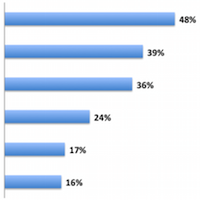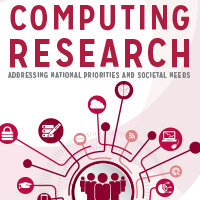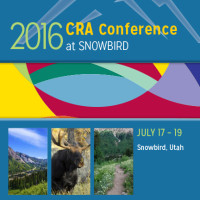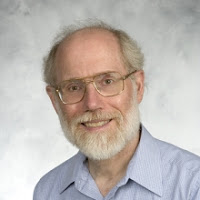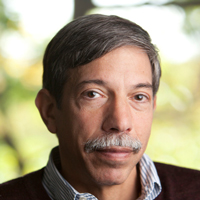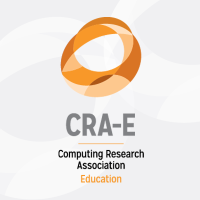
CRA-E Selects Graduate Student Fellows
The CRA Education (CRA-E) Committee has recently selected two Ph.D. students, Keith Feldman and Max Grossman, to serve as CRA-E Graduate Fellows. The Graduate Fellows Program was established last year to give graduate students the opportunity to contribute to CRA-E projects, engage in advocacy for mentoring undergraduate students, and promote computer science research and undergraduate education at the national level.


